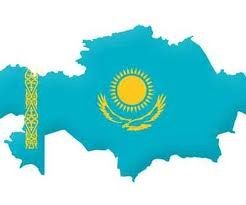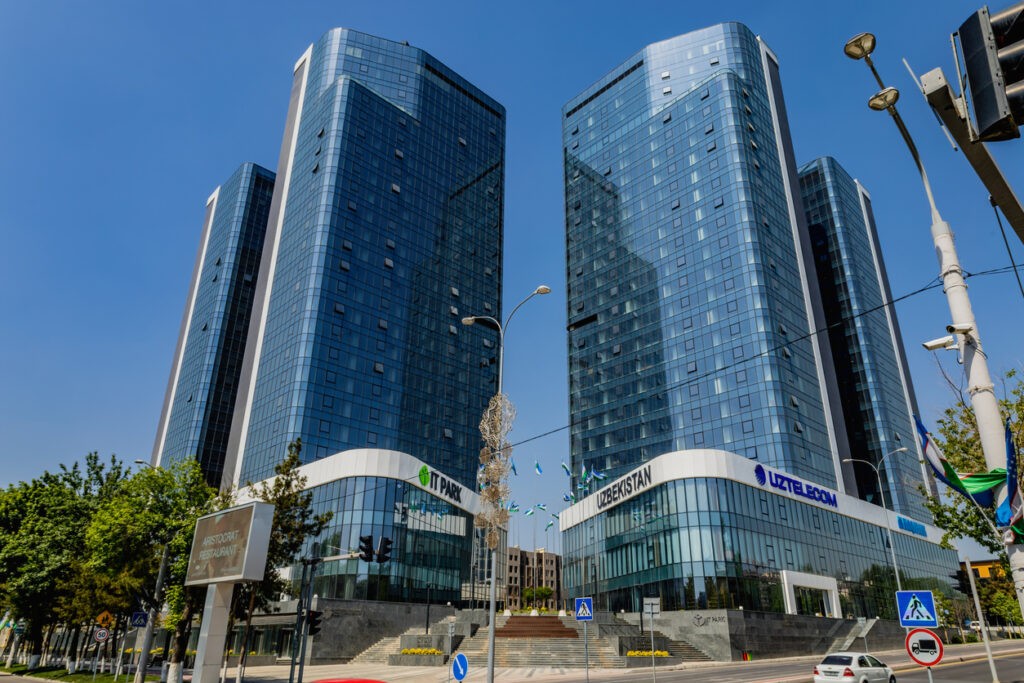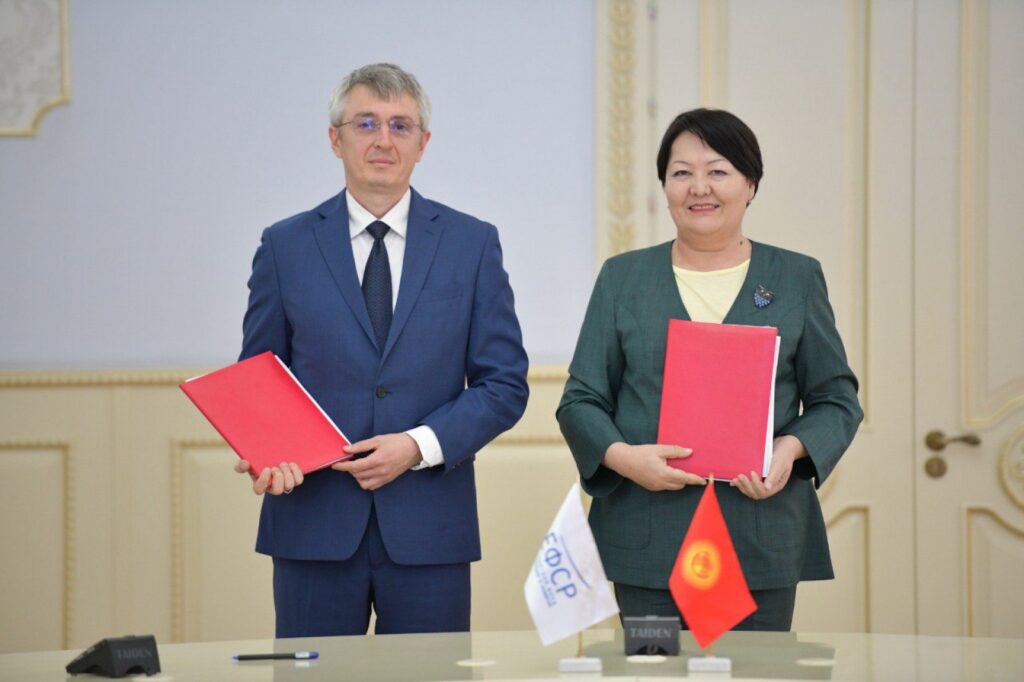NUR-SULTAN (TCA) — Kazakhstan’s economic growth is forecast to slowdown in 2019 and 2020, reflecting lower oil prices and reduced growth in the People’s Republic of China and the Russian Federation. Aside from oil revenues, public investment is expected to become a key source of economic growth in the coming years, says a new Asian Development Bank (ADB) report, released on April 3.
The Asian Development Outlook (ADO) 2019, ADB’s flagship economic publication, projects the growth of Kazakhstan’s gross domestic product to moderate to 3.5% in 2019 and 3.3% in 2020 from the 4.1% achieved in 2018. Average inflation is estimated to remain at 6%, at the upper end of the central bank’s target range for the year, and expected to moderate to 5.5% in 2020, as authorities maintain measures to absorb excess liquidity, countering inflationary pressures imposed by higher import prices as the tenge depreciates. Food price inflation is projected to slow down to 5.2% in 2019 and 5.0% in 2020 due to incentives provided for domestic food production, the institutionalization of stabilization funds for critical food items, and the imposition of selective price controls.
“A healthy banking system is key for achieving sustainable economic growth and promoting private sector development,” said ADB Country Director for Kazakhstan, Mr. Giovanni Capannelli. “It is also vital that authorities improve bankruptcy procedures, strengthen independent portfolio reviews of the banks, and improve their supervisory functions to increase transparency, accountability, and the integrity of the banking system.”
Industry will expand by 4.3% in 2019 and 4.4% in 2020, according to ADO, as state led-investment in the manufacturing and utilities’ sectors will partly counterbalance the limited gains in oil production, which are expected to decline in the first half of 2019 as Kazakhstan needs to meet its commitments with the Organization of the Petroleum Exporting Countries (OPEC) and the three major oilfields (Tengiz, Karachaganak, Kashagan) undergo planned maintenance. Agriculture is forecast to grow by 3.0% in 2019 and 2.5% in 2020 as a result of the updated state support program—although more could be done through focused intervention, Capannelli said.
Kazakhstan was the first Central Asian country to join ADB in 1994. During its 25-year membership, Kazakhstan has received over $5 billion in sovereign and private sector loans and about $50 million in technical assistance grants in support of transport, agriculture, water, education, health, as well as finance and public sector management. ADB’s support is helping the country develop and upgrade its regional connectivity, support private sector enterprises, foster gender and social equality, and deliver knowledge products and services. Regional cooperation and integration initiatives under the Central Asia Regional Economic Cooperation program remain an integral aspect of ADB operations in Kazakhstan.








